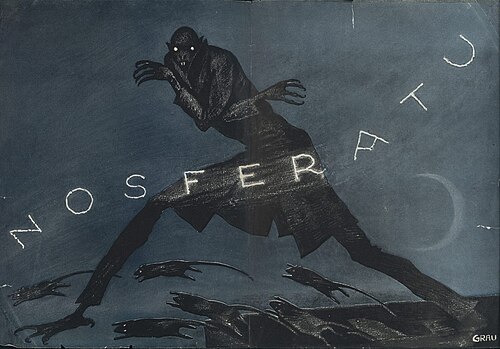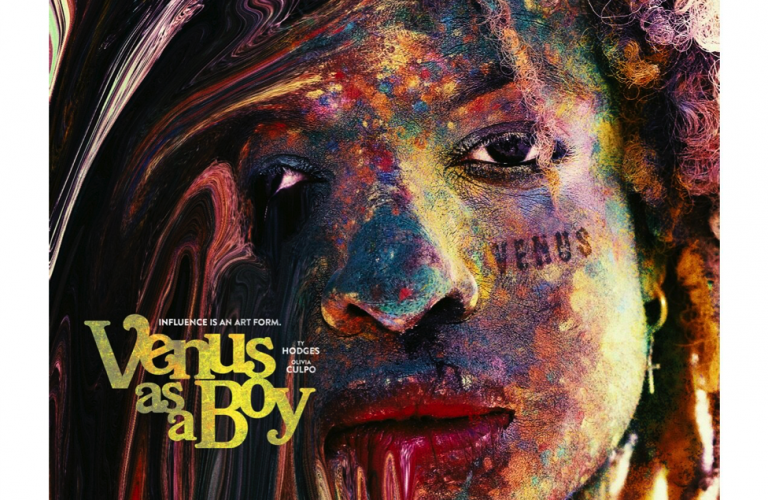Why Robert Eggers’ ‘Nosferatu’ is a Horrific Movie Beyond its Gothicism
When Robert Eggers’ “Nosferatu” came out on Christmas day, thousands of people packed into movie theaters across the country to…

When Robert Eggers’ “Nosferatu” came out on Christmas day, thousands of people packed into movie theaters across the country to…

The American Cinematheque has always been known for their unique festivals; some past ones include The All Night Horrorthon at…

This year marks the debut of a new festival, the Los Angeles Festival of Movies (LAFM), co-presented by MUBI and…

Courtney Gardner reviews Ty Hodges’ new film, Venus as a Boy. The film challenges our assumed stereotypes as it follows a small groups of friends as they navigate adulthood in Los Angeles.

Will Smith and director Antoine Fuqua announced Monday that their production scheduled to start shooting in Georgia this summer will…

The Film Independent Spirit Awards just announced that their awards show would be breaking the current award show trend of…

For the last 13 years, Scott Turner Schofield has been touring his live one-man show entitled “Becoming a Man in…

The Independent’s Mike Sullivan talks to director Midge Costin about how she became a Hollywood sound editor and about her long-awaited documentary Making Waves: The Art of Cinematic Sound.

“What exactly does a producer do?” People outside the movie industry always want to know. So The Independent’s Rebecca Reynolds finds out from one the most prolific producers she knows: Ed Polgardy, the quintessential indie producer who has independently financed large and small films outside the studio system in a plethora of genres, all while wearing his signature black hat.